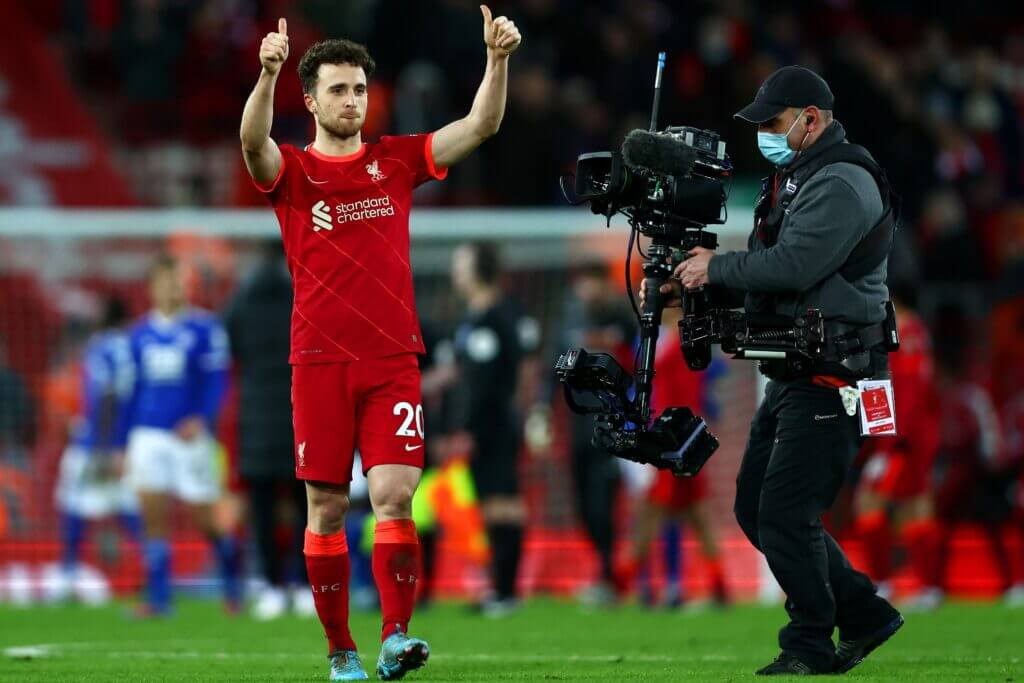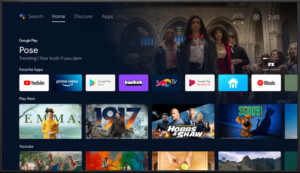
Are All Premier League Games Televised in the UK?
The final day of the Premier League season is always filled with drama, but UK viewers often miss out on key moments due to limited televised matches. This article explains why not all Premier League games are broadcast in the UK and explores the complexities of broadcasting rights.
Why Aren’t All Premier League Games on TV in the UK?
Unlike some countries where all Premier League matches are televised, the UK broadcasts only a select few. This is due to a combination of factors, primarily the Premier League’s strategy of controlling supply and demand. By limiting the number of televised games, the league maintains high demand and maximizes the value of its broadcasting rights.
The current UK broadcast deal allows for 200 out of 380 matches to be shown live each season, split between Sky Sports, BT Sport, and Amazon Prime. Sky Sports typically shows three live games per weekend, while BT Sport had its allocation last weekend leaving them with no games this Sunday. Amazon Prime focuses on two full midweek fixture rounds in December. While this increase from 168 games represents progress, it still leaves a significant portion unavailable for live viewing.
Liverpool’s final game against Wolves, a crucial match in the title race, was broadcast live in the UK. (Photo: Clive Brunskill/Getty Images)
The 3pm Blackout Rule and its Impact
The traditional 3pm Saturday kickoff time for football in the UK is protected by the “blackout rule,” preventing live broadcasts between 2:45pm and 5:15pm on Saturdays. This rule aims to protect attendance at lower league matches, ensuring fans continue to support their local clubs. As a result, the Premier League often schedules its final day fixtures on a Sunday to circumvent this restriction and allow for simultaneous broadcasts of multiple games.
Global Broadcasting Rights and the US Model
In contrast to the UK, many countries, including the US, enjoy access to all 380 Premier League games. NBC Universal holds the US rights and offers comprehensive coverage across various platforms, including NBC, USA Network, and Peacock Premium. This demonstrates a different approach to broadcasting rights, prioritizing wider access for viewers. This difference highlights the varying priorities and market dynamics in different regions. Overseas broadcasters don’t face the same concerns regarding lower league attendance and can cater to a global audience eager for Premier League content.
Despite their top four aspirations, Tottenham’s final match was not televised live in the UK. (Photo: Tottenham Hotspur FC/Tottenham Hotspur FC via Getty Images)
How UK Fans Follow Non-Televised Games
UK fans who can’t watch their team live have limited options: following live blogs, social media updates, listening to radio commentary, or waiting for highlights on Match of the Day. The lack of legal viewing options often drives fans towards illegal streaming services.
The Future of Premier League Broadcasting
With the current UK broadcasting deal extending until 2025, significant changes are unlikely in the near future. Experts suggest that while the Premier League and broadcasters experimented with showing more games during the pandemic, the cost of broadcasting less popular matches outweighs the potential revenue. The balance between maximizing revenue and maintaining the product’s exclusivity remains a key consideration. The long-standing blackout rule and the complexities of international broadcasting agreements further complicate the matter. While fan demand for increased access exists, the financial and logistical hurdles remain significant.
The debate surrounding the accessibility of Premier League games in the UK is likely to continue. Balancing the interests of broadcasters, clubs, and fans remains a complex challenge with no easy answers. For now, UK fans will have to continue relying on alternative methods to follow the action when their team’s game isn’t selected for live television broadcast.








